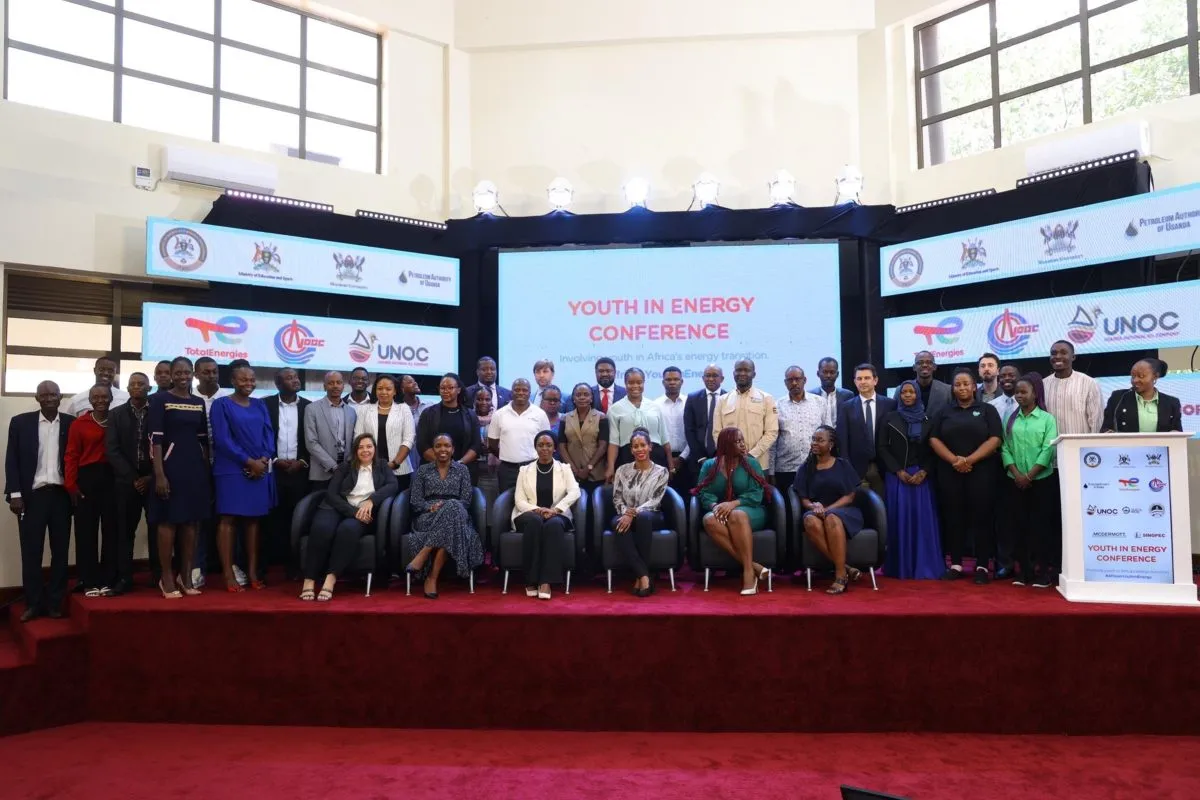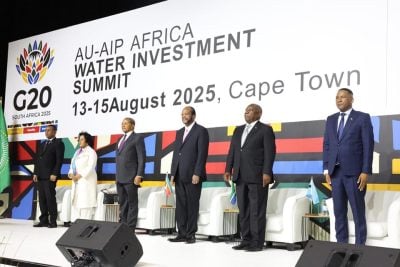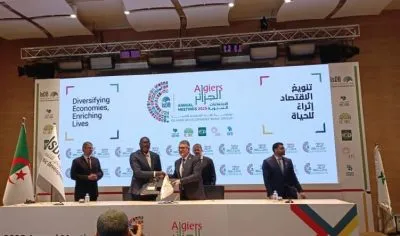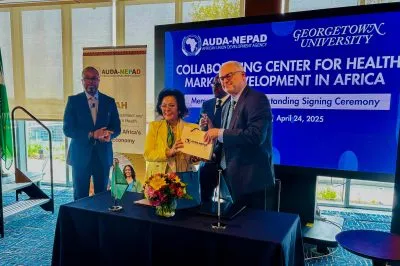This article was produced with the support of TotalEnergies
Oil production in Uganda’s Western Albertine region has offered hope to many, especially among the 600 million Africans without electricity, given that 70% of Uganda’s population aged under 30. However, there is growing discussion on whether hydrocarbon production will meet the essential needs of poverty-stricken areas.
At the Makerere Youth in Energy event, participants explored ways in which oil exploration could benefit Uganda’s middle class. The discussions highlighted opportunities for one of the world’s youngest populations as the country moves towards full exploration and refinery.
Uganda produces around 400,000 graduates annually, but the job market struggles to absorb this influx. Oil exploration around Lake Albert, initiated in 2006 through the Tilenga, Kingfisher and CNOC projects, is expected to improve energy access, entrepreneurship, and job creation.
Professor Gorettie Nabanoga, Principal of Makerere College of Agricultural and Environmental Sciences, singled out the youths’ involvement and outlined the opportunities and challenges in the energy sector. She emphasised Tilenga’s focus on local content, highlighting training programs for local contractors. “Young Ugandans should leverage the information shared, ask questions, and envision their future in this dynamic industry,” she said.
Responsible for national interests, the Petroleum Authority of Uganda prioritises Ugandan employment in oil projects. Jobs are categorised by tiers, with casual roles for locals, mid-tier positions for Ugandans, and top-tier roles for internationals should no qualified Ugandans be available.
The 1443km EACOP, crossing 10 districts in Western Uganda to Tanga, Tanzania, will have a peak capacity of 246,000 barrels per day. Measures are in place to conserve Uganda’s ecosystems, such Murchison Falls National Park, where policies are in place such as zero gas flaring and silent rigs. Ali Ssekatawa, Director for Legal and Corporate Affairs, highlighted that Total Energies, CNOOC, and other companies contribute significantly in taxes, funding infrastructure and public services.
Africa Energy Chamber Executive Director, NJ Ayuk, acknowledged global efforts to reduce fossil fuels but emphasised Uganda’s unique situation. He asserted that Uganda must be allowed to utilise its resources to improve the economy, stressing that energy access is a human right for the 900 million Africans without clean cooking technologies.
Marc-Antoine Eyl-Mazzega, Director of the IFRI Center for Energy & Climate, described Uganda’s energy transition as a pivotal moment. The 600MW Karuma hydro dam and imminent oil production are creating jobs and fostering development, provided governance is prioritised.
Rahma Nantongo, a recent Makerere graduate in Petroleum Geoscience and Production, emphasised the need to develop Uganda’s resources while considering the country’s energy context. As a trainee with the Petroleum Authority, she has gained technical expertise and observed the social impact and emissions policies of oil projects.
Panel discussions featured insights from Cheick Omar Diallo of TotalEnergies, who drew attention to the local investment and job creation from the Tilenga and EACOP projects. Humphrey Asiimwe, Uganda Chamber of Mines and Petroleum CEO described youth involvement as a business imperative for innovation and sustainability. Presentations from TotalEnergies representatives further expounded on job and capacity building initiatives for young Ugandans in the oil sector.
“Every initiative being undertaken to build capacity either by the Government, International oil companies or their contractors is aimed at skilling Ugandans so that they can work within our industry or the supporting industries to our activities. We have undertaken the skilling of over 1,500 technicians and craftsmen required to work on the projects and this has enabled them to acquire mandatory international certifications as well as Health and Safety training which is critical for the industry” said Rosette Komugisha, National Content Lead, TotalEnergies EP Uganda.
The convention, which underscored the fact that Uganda’s oil activities present a long-awaited breakthrough for its young people and the economy, concluded with a call to seize Uganda’s unique opportunity. “Now is the time to forge our path and work with regulators to advance Uganda,” one participant asserted.

 Sign in with Google
Sign in with Google 



